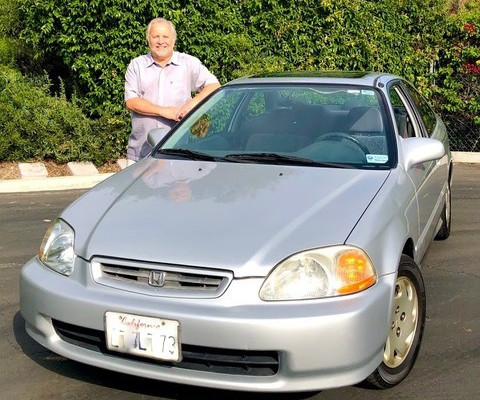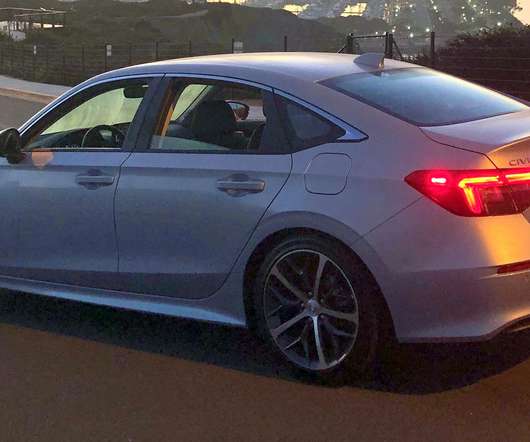ICCT: incremental technology can cut vehicle CO2 by half and increase fuel economy >60% through 2030 with ~5% increase in price
Green Car Congress
MARCH 22, 2017
l/100 km) in 2016, the The ICCT team assessed increased consumer label fuel economy (as opposed to the regulatory test fuel economy) to 35 mpg (6.71 The resulting trajectory would reduce CO 2 emissions by half and increase fuel economy by more than 60% from 2016 through 2030.








































Let's personalize your content